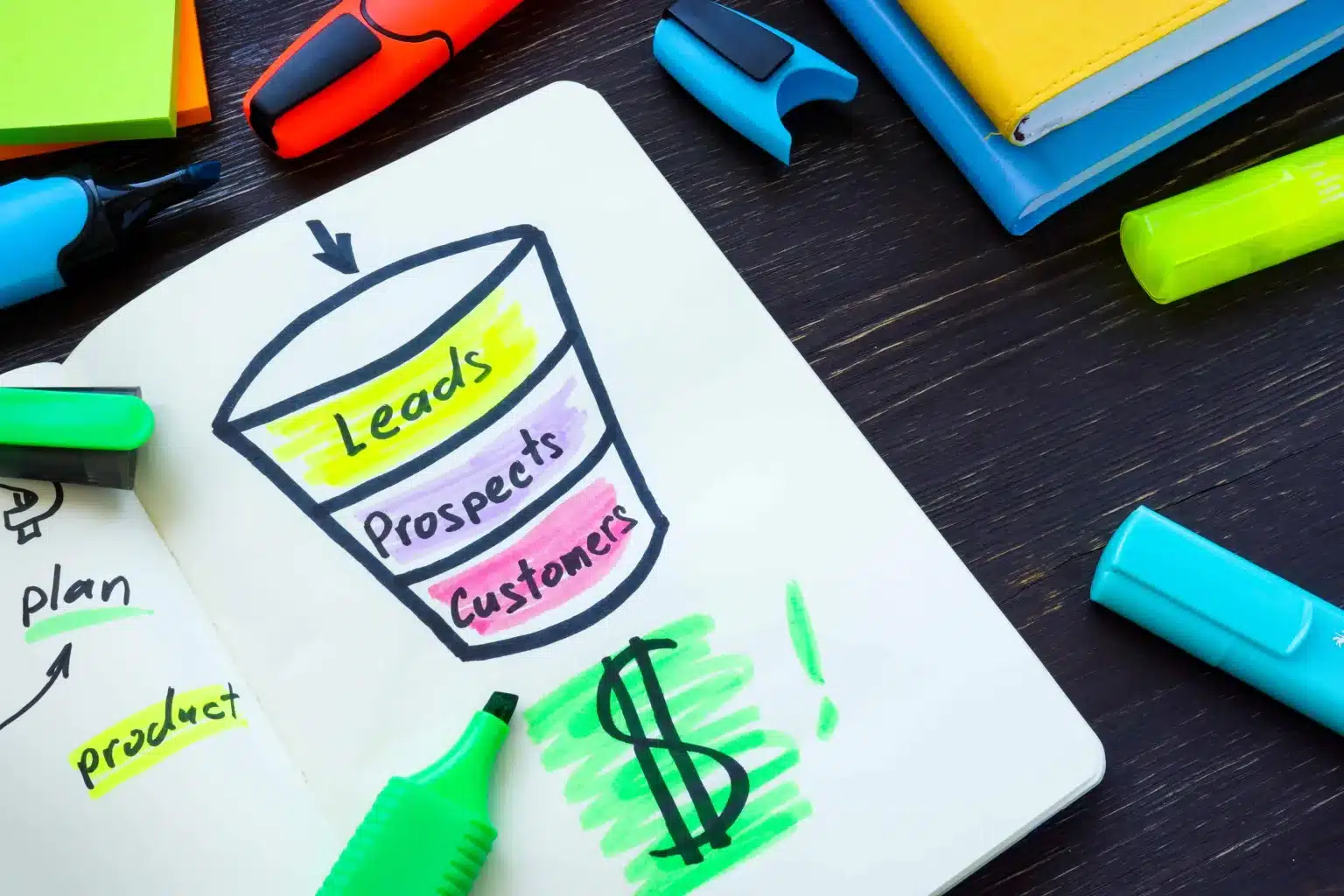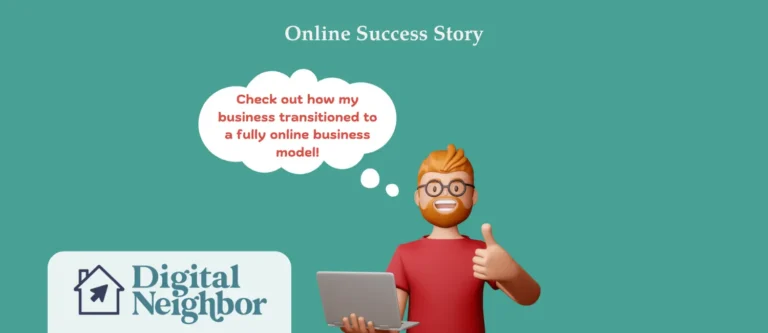What Is Lead Generation? 8 Best Lead Generation Strategies
Whether your company sells products to everyday consumers, small business owners, or manufacturers, generating leads is essential. It’s one of the cornerstones of building a healthy, growing business.
What Is Lead Generation?
Lead generation involves finding new customers for your business. This process has many steps, from attracting your target audience and convincing visitors to fill out a contact form to nurturing their interest and making a sale. Your end goal is to build a large customer base with high-value clients.
The Lead Generation Process
Lead generation has five main stages:
- Marketing: Attracting potential customers through search results, blog articles, or web pages.
- Conversion: Prompting visitors to take a desired action, such as clicking on a call-to-action.
- Nurturing: Cultivating the interest of leads with follow-up communications.
- Sales: Successfully persuading leads to purchase, turning them into customers.
- Remarketing: Building a good client relationship to encourage repeat business.
For B2B companies, nurturing the right leads can eventually result in lucrative sales agreements.
How Can Your Business Generate Leads Online?
Digital marketing is arguably the most critical part of any lead generation strategy. To reach potential clients online, invest in the following areas:
High-Quality Website
Your company’s website is its base of operations online. To stand out, ensure it includes:
- Simple, persuasive web pages: Use unique content and images to communicate key points effectively.
- Well-organized product pages: Make it easy for potential customers to find what they need.
- Authoritative blog articles: Demonstrate your expertise with well-researched guides, blogs, and other content.
- Keyword-optimized landing pages: Motivate your target audience with landing pages optimized for search queries.
With an attractive, easy-to-use, and professional website, you’ll make a great first impression on potential clients.
Search Engine Optimization (SEO)
SEO helps your business rank higher on Google. When potential leads search for topics related to your services, they can see and visit your website. Nearly 50% of all product-related searches start on Google, offering many opportunities to attract clicks.
Local SEO
For small businesses, local SEO helps your company stand out in nearby searches using tools like Google Business Profile, proximity-based keywords, and content marketing.
Search Ads
Search advertising allows you to customize keywords, demographics, and target audience. For B2B companies with niche clients, search ads deliver the right message to the right people.
Google Local Services Ads (LSA)
Google Local Services Ads combine local SEO with the speed of pay-per-click advertising. You only pay when clicks generate leads, and potential customers contact your business directly from targeted ads.
Social Media
Platforms like Facebook, Instagram, Pinterest, and YouTube help capture attention with a personal touch. B2B companies can connect with valuable industry leads through LinkedIn.
What Are Qualified Leads?
Lead qualification rates potential clients from cold (not interested) to hot (ready to buy). Qualified leads are categorized based on their stage in the sales funnel:
- Information Qualified Leads (IQLs): Leads who are learning more about your services or products.
- Marketing Qualified Leads (MQLs): Leads evaluating their options before making a purchase.
- Sales Ready Leads (SRLs): Leads ready to buy but need final nudging.
- Sales Qualified Leads (SQLs): Leads who are ready to complete their purchase.
Prioritize the hottest leads to make the most of your efforts.
Why Is Lead Generation Vital for a Healthy Business?
Lead generation provides numerous benefits:
- Drives website traffic: Build trust and visibility to increase web traffic.
- Boosts brand awareness: New customers increase your brand’s reach.
- Targets high-value customers: Cultivate contacts with the best return on investment.
- Increases sales: Generate higher revenue by targeting your ideal customers.
- Improves client retention: Offer excellent service to create repeat business.
The more potential clients trust you, the more likely they are to take your business relationship to the next level.
How Can You Improve Your Next Lead Gen Campaign?
Follow these tips to make lead generation more effective:
1. Do Keyword Research
Identify keywords that match your customers’ needs. Use tools like Google Analytics to guide your SEO and PPC campaigns.
2. Create a Lead Database
Use a CRM to track and manage leads. The more data you gather, the better you can nurture current and future leads.
3. Use a Scoring System
Assign points to customer actions to evaluate where leads are in the sales funnel. For example:
- Clicking on a CTA: 20 points
- Filling out a form: 30 points
- Calling for more information: 40 points
Leads with higher scores are closer to making a purchase.
4. Study the Competition
Learn from your competitors. Identify what they do well, and find ways to offer a superior experience.
5. Optimize for Mobile Devices
Over 50% of web searches happen on mobile devices, so ensure your website is mobile-friendly and supports mobile payments.
6. Simplify Landing Pages
Keep landing pages focused on one message, use bullet points, and make CTAs prominent.
7. Engage on Social Media
Respond to customer comments and engage with your audience on platforms like Facebook and LinkedIn.
8. Integrate Multiple Marketing Channels
Use multiple channels to maximize lead generation opportunities. Promote new content across social media, blogs, and advertising.
How Can Lead Generation Help Your Business?
Lead generation strategies attract the right customers and boost long-term value. By incorporating SEO, advertising, and other marketing techniques, you’ll generate high-quality leads that drive business growth.





